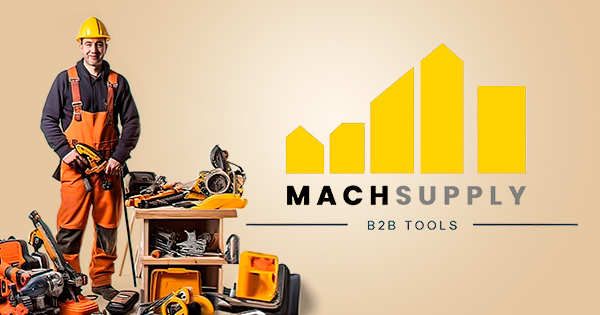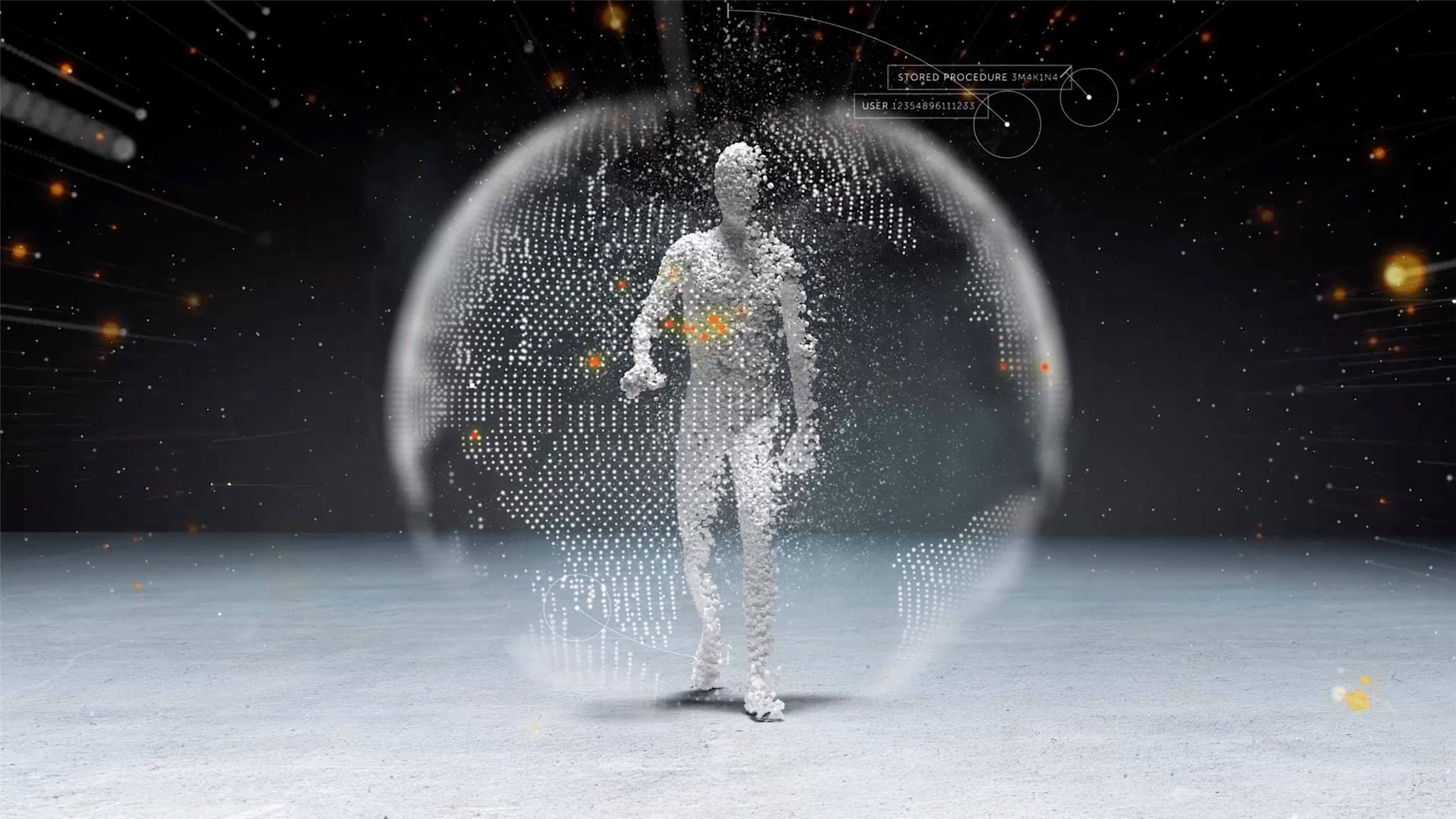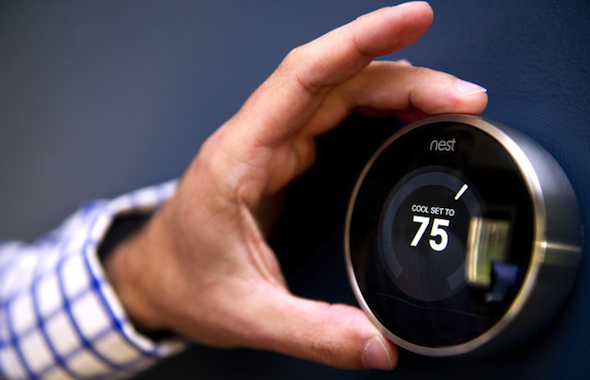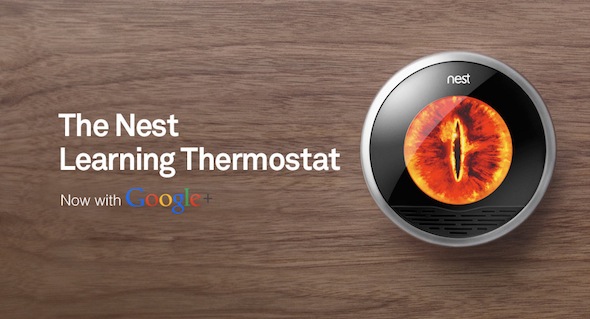Nest, the Value of Experience
Translated from the text by Manuel Diaz, President of Emakina.FR
Nest has been bought by Google. And what not long ago was perceived as a cute gadget has taken on a whole new dimension, when looking at the big bucks the deal represents. The $ 3.2 billion involved confirm that connected objects are taking centre stage today. The amount did raise some eyebrows, but this smart thermostat offers a fantastic link to the juicy energy market. And who else but Google has the knowledge to master our data usage and gain profit from it? So this clearly is a very good example of the convergence between industry and digital makes the news.
Transformation of the problem
However, there is another factor that explains the incredible value of Nest: customer experience.
If it would be about only one single connected object, it would not be worth the price. There is something else that defines the brand value. A recent interview with Tony Fadell, founder and owner of Nest, particularly sheds a light on this point.
Nest is not a product, it is an experience.
A product meets a need. It is an instrument to help you satisfy what you want, but you have to work at it to reach your gratification. You need to delve into complex instructions to programme it and you have to think out what you really want. With Nest, you simply set the temperature and after a while it does the job all by itself. This is not just a ‘normal’ thermostat that expresses a problem and raises a headache toits owner. Nest transforms the problem into something simple if not pleasant, which makes you happy and makes you shine.
Experiences for sale
When selling experiences, it’s obvious the product must create the desired value, but that is not enough. The experience has to be bright in all connection points with the brand. Every moment should lead to feeling this added value. This is Steve Jobs’ and Apple’s lesson, well understood by Tony Fadell and especially well implemented.
He went to a good school and he is quite right to stress the challenge to optimize every detail. It really is energy consuming to make customer interaction as rewarding and brilliant as it is necessary, it can be exhauting to be excellent in every detail. It is much easier to bombard the public with advertising and push boxes. Except that by doing this, one remains at the product stage. And by spreading a commercial message, you are just one of many voices begging for attention. And as bright as rthe product may be, it still merely is a promise. It is dull, a banality.
To sell an experience, you must offer one yourself.
That is the lesson.
It must be unique, original, recognizable, out of the ordinary.
That takes a lot of effort, but in the end, something that could have been as basic as a thermostat can be worth $ 3 billion. Google has not bought a product, it added the experience of energy to its portfolio.
Our recent blog posts
See all blogs-
How is AI’s synthetic data enhancing User Experience Research? Technology

-
Web3.AI Rising : How new technology can add value to your business

-
How generative AI helped us create an e-commerce app – with personalised content – in just 2 weeks Technology

-
Can you build a foodie app in 3 days using Generative AI? (Spoiler alert: yes!)



